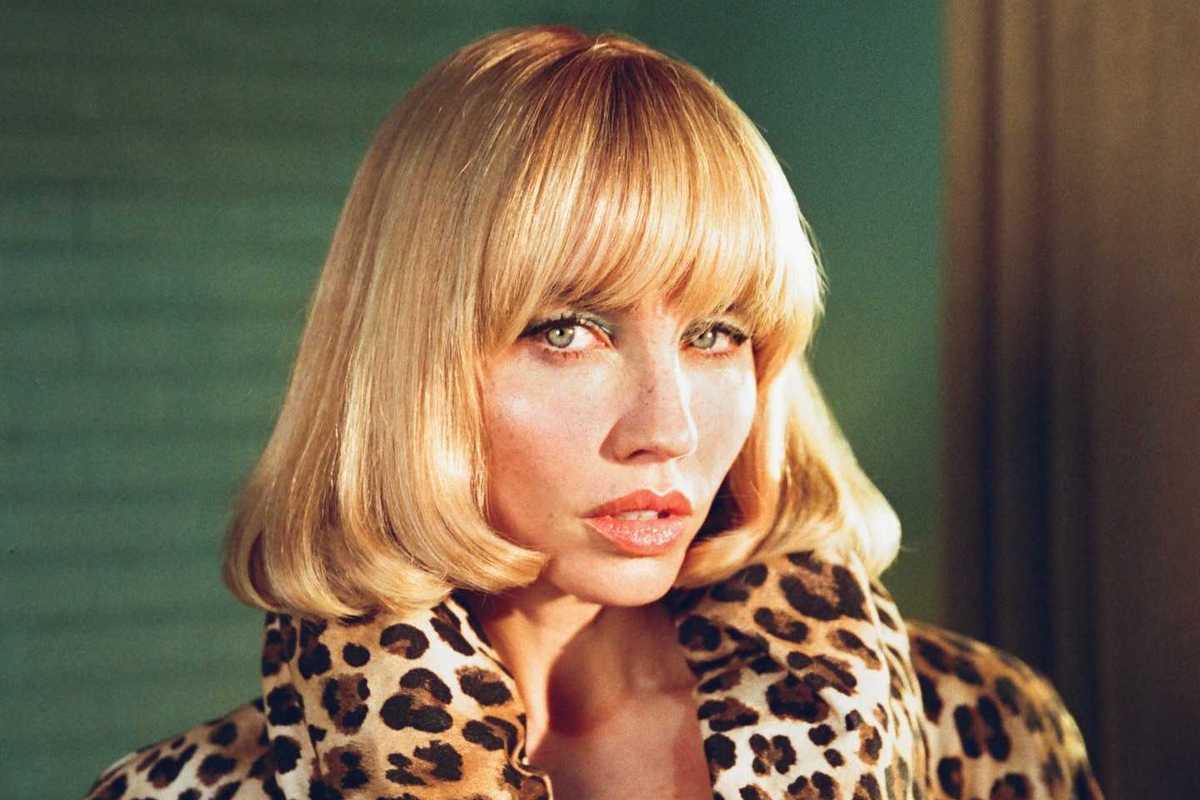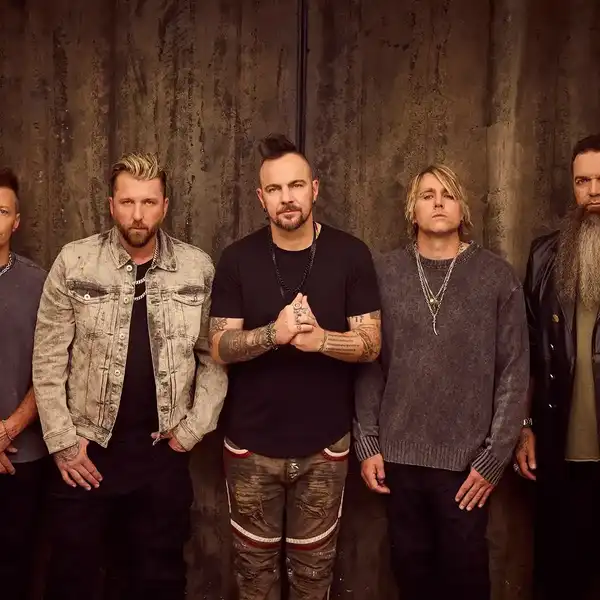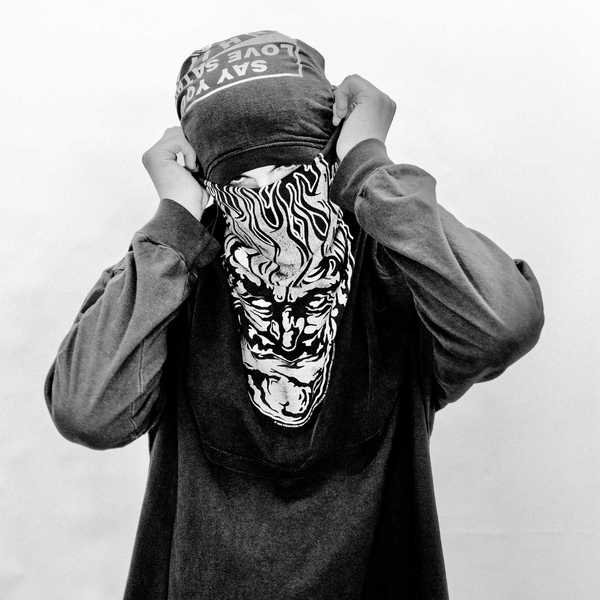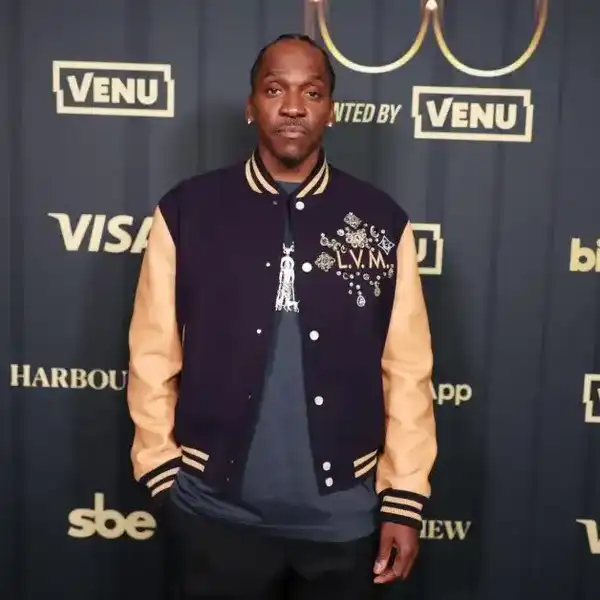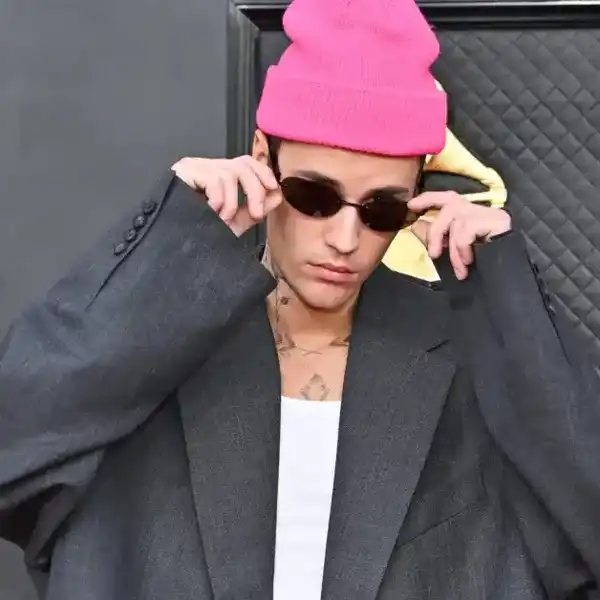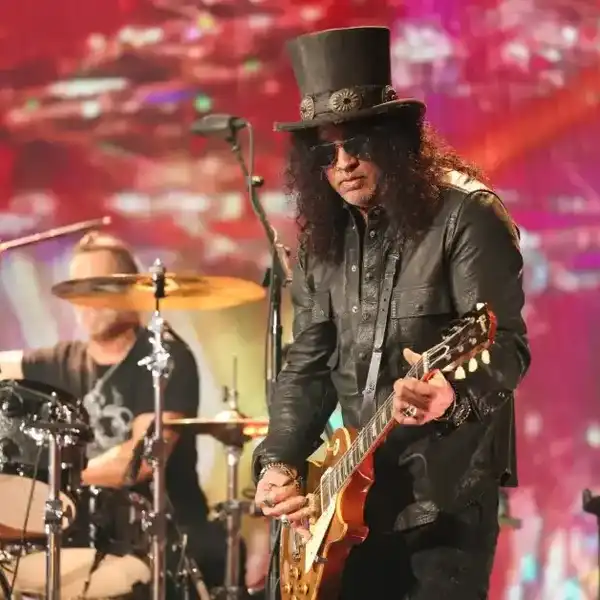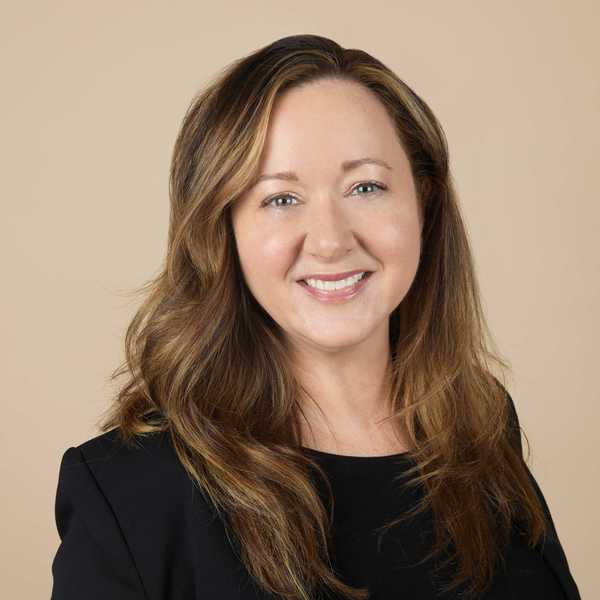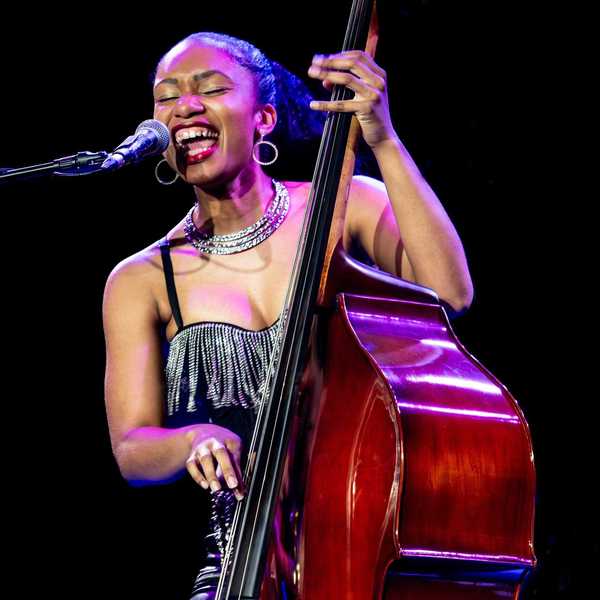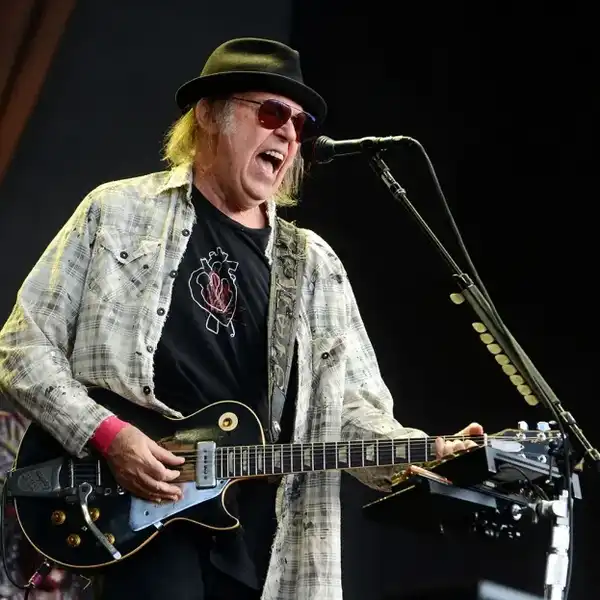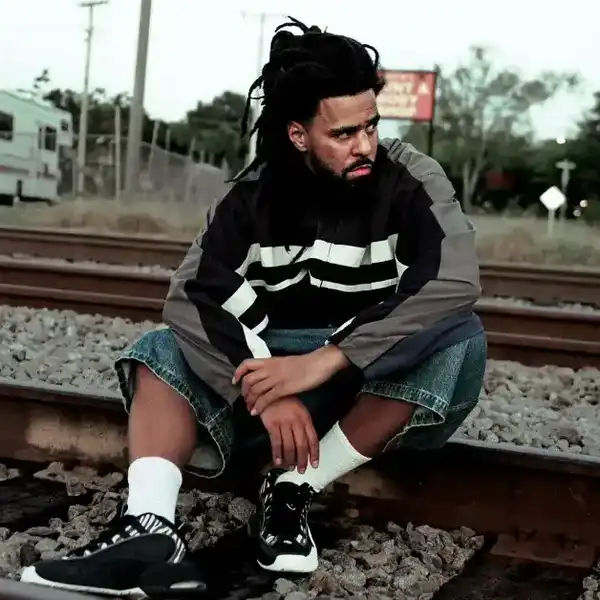Dianne Reeves: Christmas Time Is Here
Considered by many to be today's greatest jazz singer, she brings a holiday-themed show to Toronto on Dec. 4. Here she reflects on a long career, the loss of Roy Hargrove, the importance of arrangements, and a memorable Montreux Jazz Festival show.
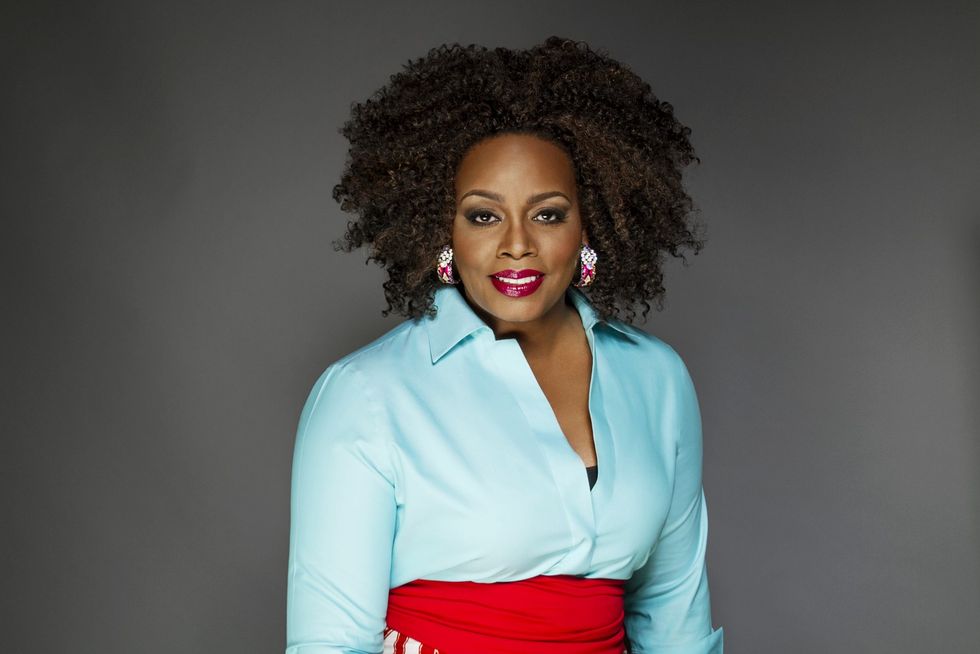
By Bill King
When the opportunity was offered to interview Dianne Reeves, I thought back to that stellar evening 2014 in the main tent at Nathan Phillips Square - TD Jazz Festival - and a review I’d scripted of that summer night. I had seen Reeves perform on numerous occasions and she was always in grand form. Over a career that has spanned 42 years, five Grammys, honorary doctorates: Berklee College of Music and The Julliard School, twenty recordings, and an appearance as a jazz singer in the acclaimed film Good Night and Good Luck, and as a tireless road warrior, Reeves has earned every accolade and status as the #1 jazz singer on planet earth.
“Vocalist Dianne Reeves is rightfully celebrated one of the premiere jazz vocalists of this millennium. Since the passing of Betty Carter and Carmen McCrae, Reeves now occupies the haloed ground cultivated by these iconic women. The voice is pure and effervescent and a map of the world. During one number, the improvised passages soared, paused and spun around the humid tent before settling on the song’s intended melody – “Stormy Weather;” pianist Geoff Keezer’s intro - an abstract feast of colour and invention.
You recognized the form, but not the fleeting melodies. Reeves went about toying with the song’s anatomy and surveying the dense harmonies before addressing the melody - consistent with every composition in the set. A thing of real beauty.”
Good fortune comes to those savouring an evening of holiday classics and storytelling. On December 4 at George Weston Hall in Toronto, Reeves and company settle in for a night of seasonal fare. I spoke with Reeves Monday morning, knowing the recent election for Congress was on people’s minds. Enjoy.
Bill King: Are you ready for this election?
Dianne Reeves: Oh my God, I mean, everything is just hanging in the balance you know. Still don’t know what's going to happen. I just kind of don't watch too much. I hate polls - they'll say this or say that and get all caught up in that. Just vote, and keep it moving. People must get to the polls: that’s it.
The loss of Roy Hargrove last weekend?
Oh my gosh. I think, how many people, including myself, are still reeling from his loss. You know, a lot of musicians started out with him. I ended up working with Rodney Whitaker and Greg Hutchinson and Peter Martin and a lot of people that came out of his band. He introduced so many amazing musicians and wasn't afraid of the times and expressing himself and collaborations. They called him like the ‘Art Blakey’ of their generation: which is true. He had a living school. It was really something to be able to work with him. He was extraordinary.
The first time I saw you perform was in Aruba 1989, and not long after I interviewed a young Roy Hargrove. I think back to those times in the Caribbean, the 20 years covering festivals and how welcoming the Caribbean was to jazz artists. What stuck with me that occasion was your version of “Afro Blue”.
It was extraordinary, those times. Everybody was just out doing their thing, and a whole group of wonderful young musicians was there doing it too.
I Remember Sarah with Billy Childs?
That was such a labour of love. Billy Childs, Mulgrew Miller and Donald Brown and all the people in the orchestra who had worked with Sarah Vaughan brought all of that to those sessions and just made magic.
What has stood out throughout your career beyond the stunning vocals is those backing arrangements: all standalone arrangements. There's an individuality to each orchestration.
Oh, thank you. I have ideas, or sometimes I arrange and have a way of hearing the song in a way and say, let's do it like this. Talking about the I Remember Sarah album, I think one of the greatest arrangements on there is Billy Childs' arrangement of “Fascinating Rhythm”. It’s most extraordinary. I remember when he sent it to me, I was like, “I’m not singing this”. He said, “no, go ahead." I listened and then thought; I’ve got this. And it was so much fun.
I remember attending an arranger’s master class here in Toronto and arranger Shelly Berger, who was teaching, used that as an example of innovation and stretching an arrangement.
The whole idea was, let’s make it ‘fascinating rhythms’; and he did.
Your latest, Beautiful Life, in some ways reminds me of the stylistic approach singer Nancy Wilson took in the 80s and 90s. I was thinking when I heard “Stormy Weather” and how this unfolds, the work with Layla Hathaway, Gregory Porter and Robert Glasper.
Interesting. The thing that was behind that record was - at that time, I realized a lot of them were listening to the music I grew up listening to, and that was part of and very much the soundtrack of my life. When we started doing the record, all of them wanted to be a part of it, and everybody just started contributing ideas. It didn't start that way, but it ended up that way, and I loved it because it was a record of collaboration. And of course, Esperanza’s “Wild Rose”. Wow! Well, I just love that.
You are coming to Toronto on December 4th, George Weston Recital Hall for Christmas Time Is Here. Will the night be a mixture of both holiday fare and material most identified with you?
It’s a mixture. We do have some Christmas music. It's really about coming together - celebrating the holiday, but also in the way a storyteller uses other music along with Christmas music. It’s a fun time: I enjoy this. I love doing Christmas tours.
Have you found a comfortable spot - that middle ground between contemporary music and jazz, beyond being categorization?
I kind of do both because I bring with it a foundation in jazz. Every jazz musician takes music and gives it their iteration. It's influenced by what you hear, what the times are, and you give that music, a jazz sensibility; and that's what has happened.
How long have you lived in Colorado?
I'm from Colorado. I was born in Detroit and raised here in Colorado. And have been back here since 1991.
What's in the future?
We start work on another project. I never talk about it before, but I'm excited. I have to return to my foundation and do a straight-ahead jazz record.
Lodged in your memory, is there a night on stage: a show you'll never forget?
Yes. Montreux Jazz Festival and being on stage with Dizzy Gillespie and his very, very good friend and a singer I love, Carmen McCrae,
Did you ever sit down with Carmen McRae and just have a long chat?
Oh yes. That was the thing: she was always accessible. Carmen McRae, Betty Carter and Shirley Horn. All three of them were very accessible.

